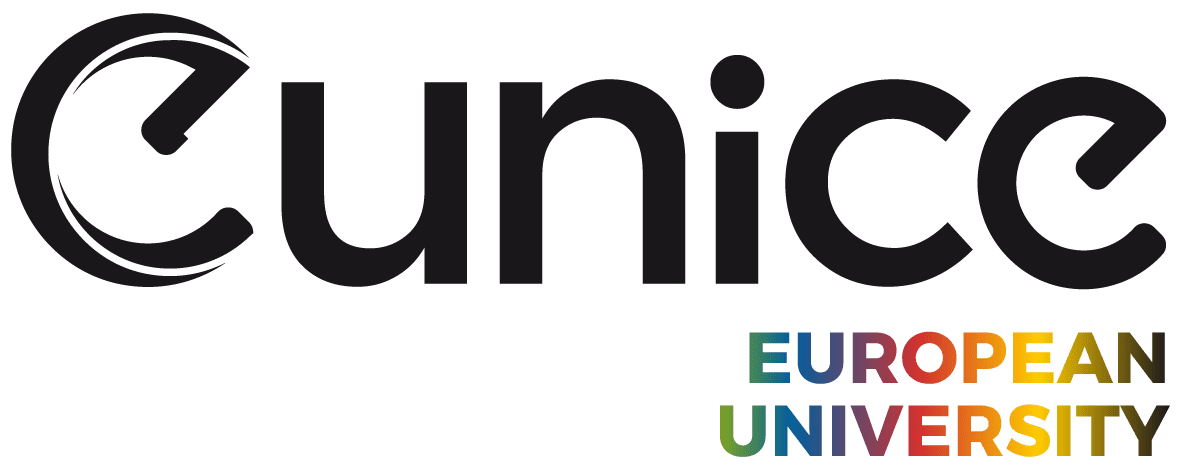The population of the European region is aging at unprecedented rates. Preparing for an aged society it is imperative at individual level, so we can make the most of advanced life with good conditions in terms of health and autonomy; but also at social and macro levels, to reduce the overall socio-economic impacts caused by changes in the demographic structure. This preparation requires a coordinated, whole-of-government and whole-of-society effort, with professionals of different areas, such as health, education, social sciences, business, services, engineering and ICTs.
The course Positive Aging will equip participants with important knowledge and skills in the area of aging, enabling them to deal with the challenges and take advance of the opportunities resulting from the longevity revolution. Topics include an introduction about population aging and the associated challenges and opportunities for different areas and professionals. Models and Agendas, such as the ones of World Health Organization and United Nations will be approached. Individual and social responses to aging, focused on health and wellbeing promotion and age-friendly communities, will be proposed within group works.
Learning outcomes:
There is a need to develop a global perspective of the challenges and opportunities that are arising from the phenomena of population aging. By the end of this course, participants should have an increased awareness of the governmental, institutional, and individual roles and resources to promote a positive aging.
Objectives:
- To be aware of the demographic dividend;
- To learn the international agendas about aging issues;
- To know strategies to promote positive aging and age-friendly communities;
- To be able to re-frame how to think about challenges and opportunities for aging populations.



